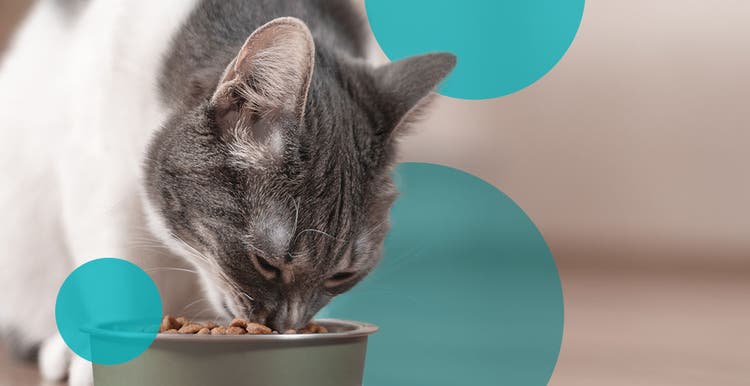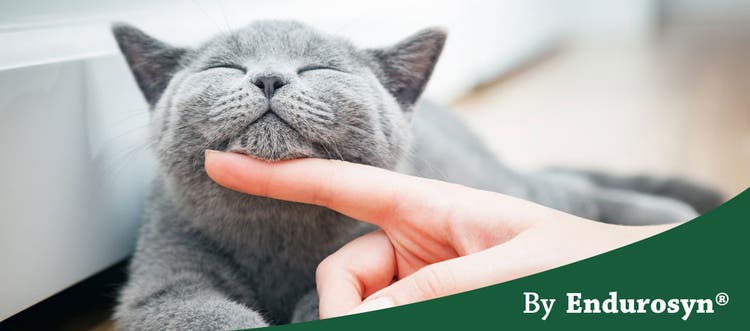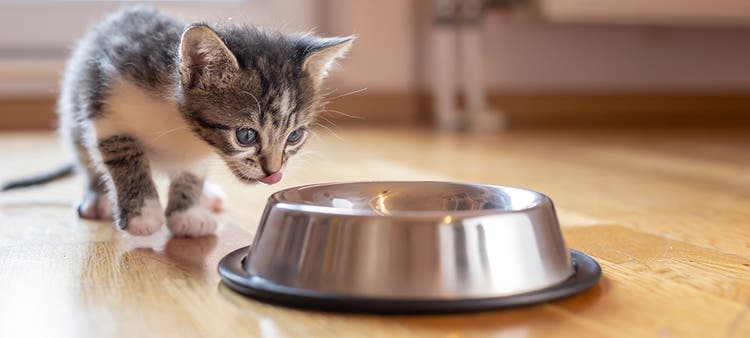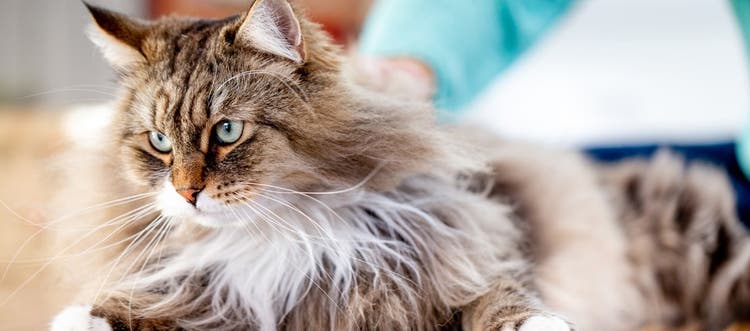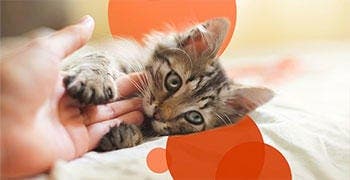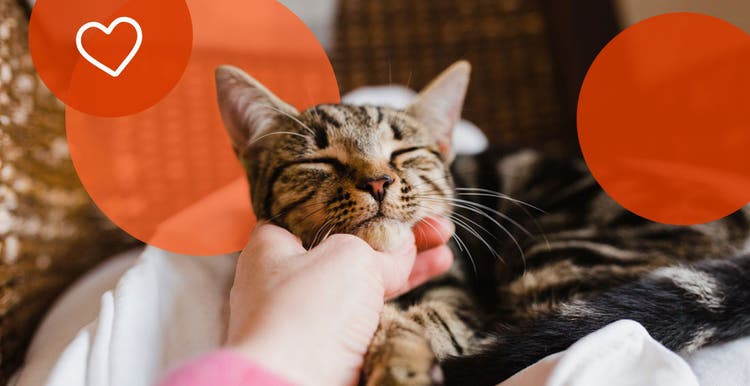Aren’t cats meant to catch, kill and eat prey? Don’t they love milk, cheese and cream? Unfortunately, some common “human” foods can cause gastrointestinal distress in cats — or can trigger a variety of other health problems. Learn more about the foods you shouldn’t feed your cat.
Our cats are not only pets; they’re also our companions and confidants. And as their caretakers, it’s only natural for us to want to spoil them. But some foods and treats can pose serious risks to their health. Here we answer seven common questions about foods you should avoid feeding your cat.
1. Can Cats Have Milk, Cheese and Other Dairy Products?
Many of us grew up with the image of kittens drinking milk or cream in cartoons or picture books. But in reality, cats and dairy products don’t mix. Most cats are naturally lactose intolerant, meaning that cow milk and dairy products made from it — like cheese or cream — can upset their stomachs, causing vomiting and diarrhea.
And what about kittens? The same rule applies: Cow milk and byproducts should be avoided. For kittens that are too young to eat solid foods and don’t have a source of their mother’s milk, veterinarians recommend feeding kitten-specific milk formulas, which provide essential nutrients for growing kittens and are gentle on their tummies.
2. Can Cats Eat Chocolate?
Though most people find chocolate delicious, this cacao-based treat contains two ingredients that are toxic to cats: theobromine and caffeine. Both milk chocolate and dark chocolate can cause several dangerous symptoms, including:
- Vomiting
- Diarrhea
- Increased body temperature
- Rapid breathing or heart rate
- Seizures
In cases of high exposure to theobromine and caffeine, cats can also suffer from heart failure, weakness or a coma.
3. Should Cats Eat Raw Eggs, Meat or Fish?
If your cat loves hunting, you might assume it’s safe to feed them raw eggs, meat or fish. After all, what could be more natural than raw? However, these raw foods may contain dangerous E. coli and salmonella bacteria, which can cause diarrhea, vomiting and lethargy in cats. Exposing your cat to these pathogens can even prove fatal.
Raw egg whites also contain a protein called avidin. If consumed, avidin can prevent your cat from properly absorbing the B vitamin biotin, potentially causing skin conditions and a dull coat.
4. Is It OK for Cats to Eat Dog Food?
If you also have a dog, chances are your cat has sampled their food from time to time. But while an occasional nibble likely won’t harm your cat, a steady diet of dog food instead of cat food can cause malnutrition. Cats need vitamin A, taurine and arachidonic acid — all essential nutrients not provided in dog food.
If your cat only eats dog food, they’re at risk for developing several conditions:
- A lack of vitamin A can cause skin issues, a dull coat, muscular degeneration or night blindness.
- A taurine deficiency can cause vision degradation, heart disease, unhealthy coat or skin, and lethargy.
- A lack of arachidonic acid can cause liver and kidney problems.
5. Can Cats Have Bread and Yeast?
Cats can safely eat bread on occasion, but note that bread contains no nutritional value for them (it has virtually no fat or protein), so it should not replace their normal cat food diet.
Yeast and raw bread dough are not safe for cats; after it’s eaten, the dough can rise in a cat’s stomach and cause dangerous digestive issues.
6. Can I Feed My Cat Tuna?
What cat doesn’t enjoy tuna? This fish can serve as an occasional treat for your cat, but you should avoid feeding them a tuna-heavy diet. Tuna lacks several nutrients cats need to stay healthy, and too much tuna can lead to mercury poisoning. And, as noted above, you should never give your cat raw tuna.
7. Can Cats Eat Onions and Garlic?
Onions, garlic and other members of the allium family, like chives and leeks, can cause anemia in cats. Whether raw, cooked, powdered or dehydrated, garlic and onions can damage a cat’s red blood cells, and can also cause nausea, abdominal pain, vomiting and diarrhea.
Remember that most cats are curious creatures, and love to investigate food that’s been left out on countertops or in sinks. If your cat can easily jump on a table or counter, make sure to keep dangerous or toxic foods well out of reach — sealed behind a closed pantry door or kept in a high-up cabinet.
Related Articles

New Cat or Kitten: Our Downloadable Guide
Thinking about adding a feline to the family? There are so many emotional, social and physical benefits to owning a cat. Check out our free guide, also available to download!
